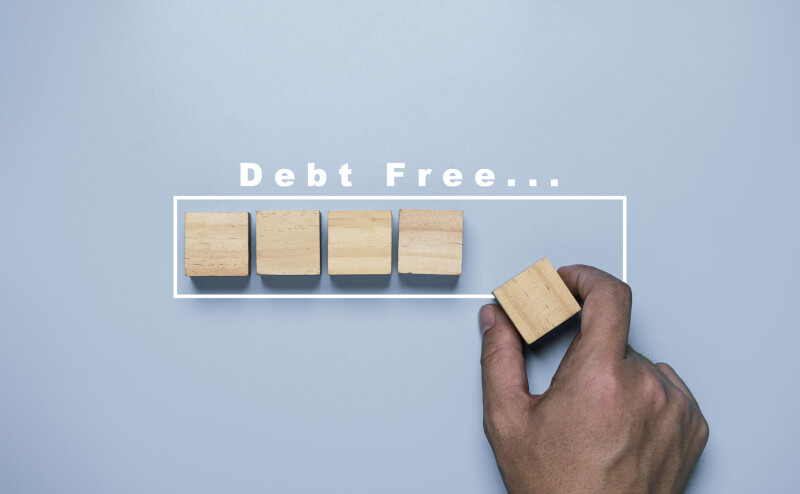Many people in South Africa are locked in a debt spiral, a sobering truth that has been brought into the spotlight this year by the Money Makeover stories. Multiple families now rely heavily on credit due to the rising cost of living and skyrocketing interest rates. While it may provide some relief in the short term, this solution is more like a ticking time bomb.
Consider Zihle as an example. A medical professional who went into debt after her mother died so she could support her younger sisters. She phrased it beautifully when she said, “It just gets progressively bigger.” Mlibokazi, a product specialist, reiterated these concerns about the repercussions of such a choice. Family pressure to succeed at banking led to increased spending. It sneaks up on you, and before you know it, you’re drowning,” she cries.
Meanwhile, Sello’s entrepreneurial drive was bolstered by his access to credit. It seemed like a good idea at the time, but everything went south when interest rates spiked. Recalling his experience with Absa and other loan organisations, he realises how difficult it was to juggle his personal and professional commitments.
Let’s get down into the muck of this debt cycle and evaluate some key tactics for escaping it.
What’s the Catch with Debt Consolidation?
Although debt consolidation offers some relief, it isn’t a panacea. Combining many loans into one with combined interest savings is what this term refers to. Anton Battiss, Zihle’s financial advisor, looked into it for her but she didn’t meet the requirements. A strong history of on-time payments and an affordable percentage are necessities for participation in such programmes. Also, be wary of lenders who offer you more money than you need. Remember when Zihle made the mistake of changing her credit line?
Gaining Wealth Like Snowballs

Mlibokazi’s plan has the potential to serve as a model for others to follow. Using the snowball approach, she is concentrating on eliminating her smallest debts first. Earning these “rapid wins” can be a terrific morale booster and can even help financially. She has reduced her monthly expenses and is now able to put R5,000 towards her debt. With the help of her financial advisor, Khathutshelo Ravele, she plans to pay off all of her debt by the year 2025. Don’t forget to cut off access to your credit once you’ve paid off your debts.
Making Use of Untapped Sources of Funding
Sello’s strategy centres on making the most of his abilities. He uses opportunities like freelance writing to pay off his obligations as quickly as possible. Like many people, he believes that paying off smaller bills first is the best strategy. Sello expects to pay off his big obligations by mid-2024 using this method and treating bonuses like a 13th cheque.
Johan’s Sudden Turn Towards Reevaluating Debt
Johan’s experience serves as a warning to people who are getting ready to retire. Massive debts mean that cutting spending alone won’t get the job done. The debt review was an extreme measure, but one that Johan needed to take. Johan is on target to be debt-free by June 2028 after working with Absa advisor Takalani Badugela to reduce his monthly debt commitments by 45%. Negotiating lower interest rates helped make this possible, bringing the rate down from a standard of 21.56% to a negligible 0.09%. Johan recognises, however, that deciding to conduct a debt review is no little step. Credit is unavailable, and there are up-front costs to consider.
Reviewing Debt in Transit
Is a debt review your choice? Here’s the breakdown, in a nutshell. You have exhausted all of your available credit. Once all of your financial obligations have been paid in full, including your mortgage, you may go. Application processing and court fees might cost as much as R8,000. After the initial two months, monthly “after-care fees” of 5% of the total cost or up to R450 apply. A debt counsellor with experience in lowering interest rates may be able to turn this situation around and make it worthwhile.
Debts can seem like immovable waves in the great expanse of one’s financial situation. However, any debt can be conquered with the right knowledge, attitude, and assistance.




